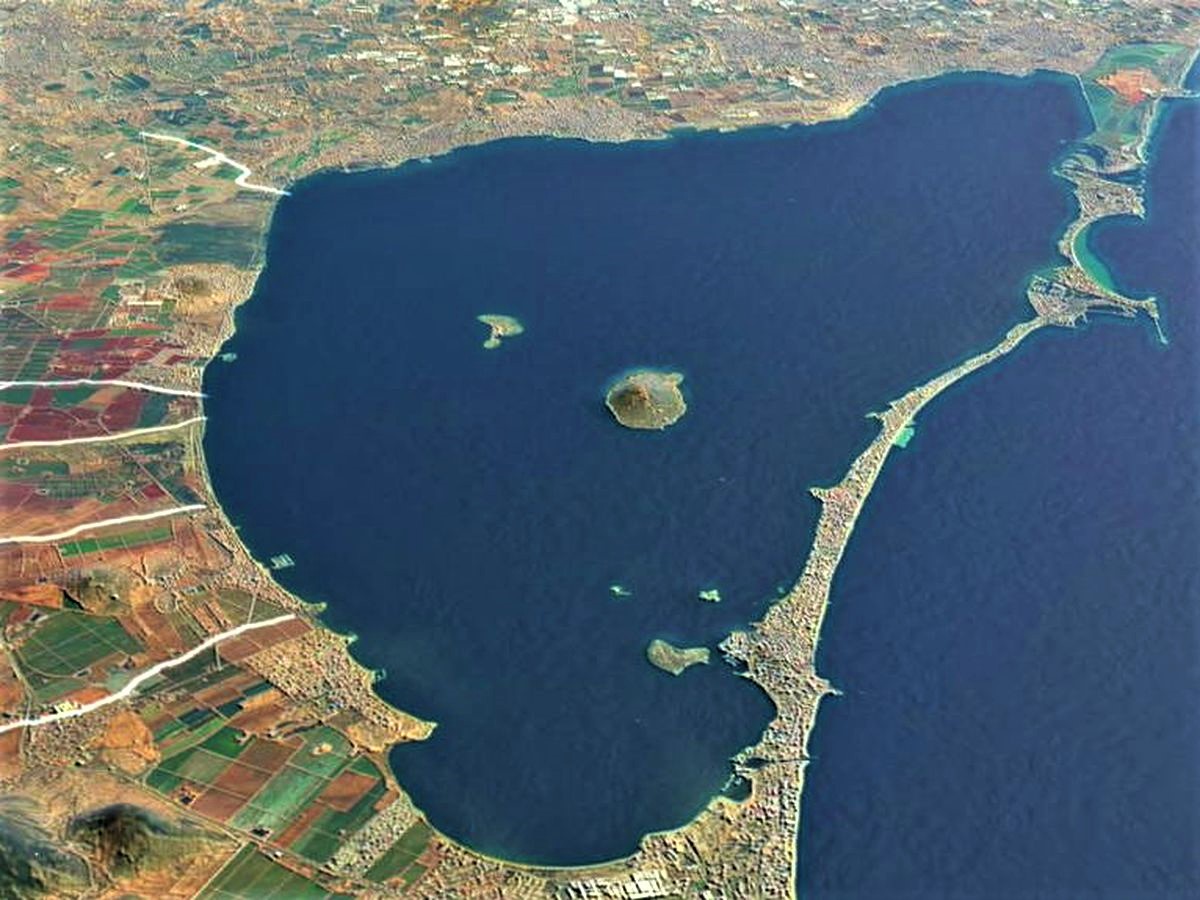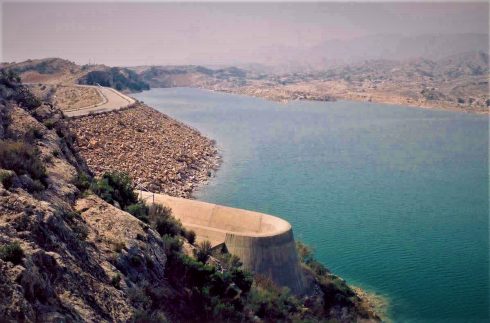ELEVEN projects to improve farming techniques aimed at cutting pollution in the Mar Menor lagoon have been awarded grants totalling €16.2 million.
The money comes from the Ministry for Ecological Transition and the initiatives will be developed over the next three years.
An excess of nutrients, such as ammonia nitrogen or phosphorus (mostly from agriculture), has in recent years caused the proliferation of algae in the Mar Menor waters- suffocating most of the oxygen that is needed for most marine life to survive.

The Ecological Transition Ministry says that the projects ‘represent an unprecedented opportunity to promote the restoration of the natural balance of the area in a way that is compatible with the sustainability of farming’.
The agricultural sector will directly get €3.6 million including the Campo de Cartagena irrigators group, which will receive €1.7 million for improvements to irrigation pools in the Mar Menor area.
The implementation of good agricultural practices that lead to an improvement in soil and water management and the reduction of pollutants, including the promotion of ecological, regenerative agriculture or agroecology, are some of the issues that these projects will address, the Ministry said in a statement.
Research will be carried out to develop new techniques to reduce the contribution of nitrates and the use of bio-solutions in crop fertilisation, as well as work to combat erosion and flooding problems.
Work will be done with farmers to develop bio-fertilisation treatments with products of plant origin- taking advantage of crop residues or dairy derivatives from the cheese industry.
Rainfed crops will also be converted while plant barriers of hedgerows will be used on farmland to reduce erosion, while other nature-based solutions will be utilised such as filters in the growing of barley.
The projects will directly cover more than 1,000 hectares of land in the Mar Menor catchment basin, and then after successful trials, around 30,000 hectares will be reached.
READ MORE:
- Report: 456 tonnes of nitrates ended up in the Mar Menor in 2022
- Biggest storm water tank in Spain’s Murcia region aims to cut Mar Menor lagoon pollution
- Spain’s Mar Menor lagoon lost €54 million of European funding to fight pollution








